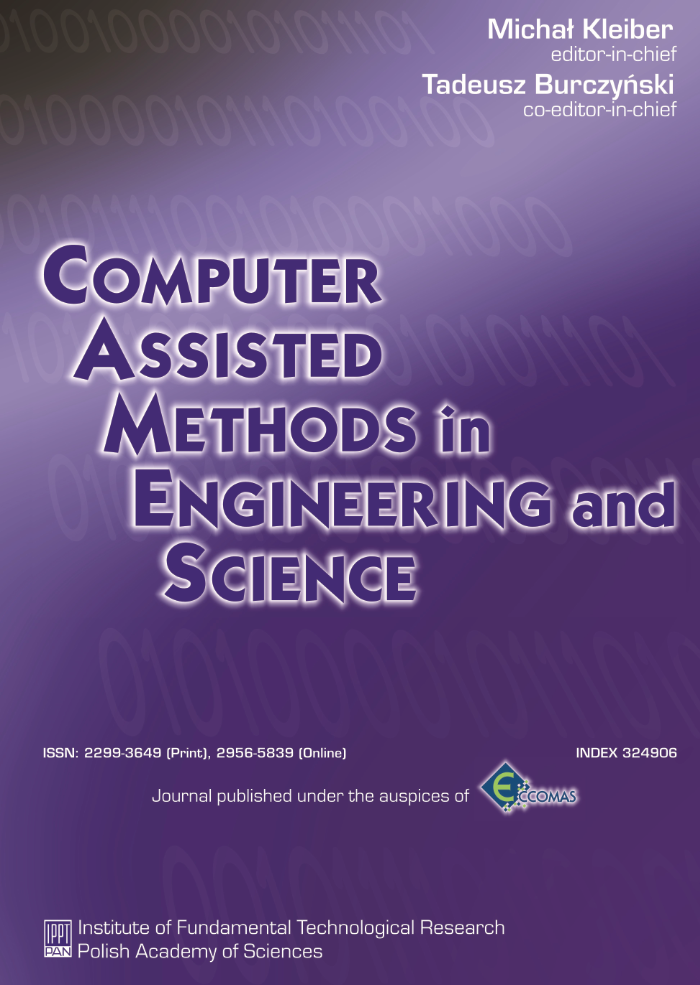Fault classification in cylinders using multi-layer perceptrons, support vector machines and Gaussian mixture models
Abstract
Gaussian mixture models (GMM) and support vector machines (SVM) are introduced to classify faults in a population of cylindrical shells. The proposed procedures are tested on a population of 20 cylindrical shells and their performance is compared to the procedure, which uses multi-layer perceptrons (MLP). The modal properties extracted from vibration data are reduced into low dimension using the principal component analysis and are then used to train the GMM, SVM and MLP. It is observed that the GMM gives 98% classification accuracy, SVM gives 94% classification accuracy while the MLP gives 88% classification accuracy. Furthermore, GMM is found to be more computationally efficient than MLP which is in turn more computationally efficient than SVM.
References
[2] C.M. Bishop. Neural Networks for Pattern Recognition. Oxford University Press, Oxford, UK, 1995.
[3] C.B. Bishop. Pattern Recognition and Machine Intelligence. Springer, Berlin, 2006.
[4] C.A. Burges. A tutorial on support vector machines for pattern recognition. Data Mining and Knowledge Discovery, 2: 121- 167, 1998.
[5] A. Dempster, N. Laird, D. Rubin. Maximum likelihood from incomplete data via the EM algorithm, Journal of the Royal Statistical Society, 39: 1-38, 1977.



